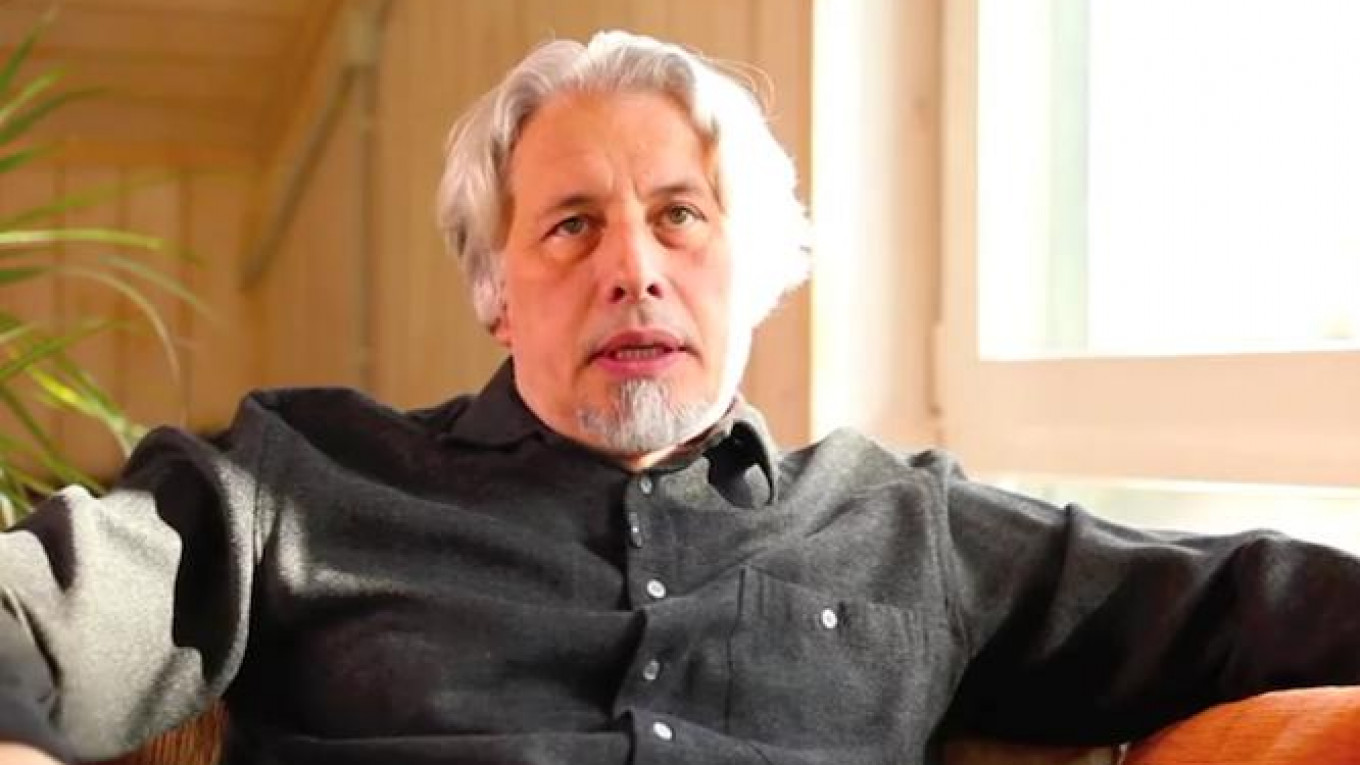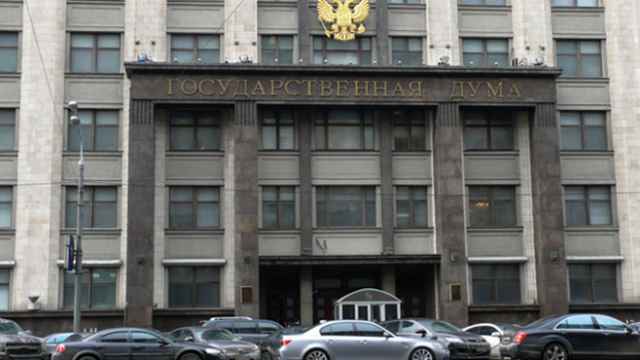Russian dissident author Vladimir Sorokin has been accused of promoting cannibalism by pro-Kremlin activists, Russian media outlets reported Tuesday.
Group leader Irina Vasina reported the author's 2000 novel "Nastya" to the police for its "extremist content." During the story, a 16-year-old girl is cooked in an oven by her parents and served as a meal.
Sorokin, a vocal critic of Russian President Vladimir Putin, has previously been harassed for his controversial works such as "Blue Salo" and 2008's "Day of the Oprichnik," which envisions a Russian dystopia with a modern tsar in the Kremlin.
Vasina has also demanded charges be brought against film director Konstantin Bogomolov for adapting "Nastya" on screen.
"We have been following Bogomolov's scandalous works for a long time," Vasina said, explaining that the group became aware of Sorokin's book following Bogomolov's decision to transform the book into a movie.
“My colleagues and I read the book online and we were shocked. The story preaches cannibalism,” she said, claiming the book was an insult to Russian Orthodox values.
As well as reporting the book to police, Vasina also employed a linguist to analyze the book's content.
"The expert concluded that the book degrades people's Russian Orthodox heritage and their sense of nationhood," she said, explaining her decision to petition police to ban the book in Russia. "We haven't seen Bogomolov's film but we can assume that only a preposterous director [such as Bogomolov] could shoot a film with extremist content."
A Message from The Moscow Times:
Dear readers,
We are facing unprecedented challenges. Russia's Prosecutor General's Office has designated The Moscow Times as an "undesirable" organization, criminalizing our work and putting our staff at risk of prosecution. This follows our earlier unjust labeling as a "foreign agent."
These actions are direct attempts to silence independent journalism in Russia. The authorities claim our work "discredits the decisions of the Russian leadership." We see things differently: we strive to provide accurate, unbiased reporting on Russia.
We, the journalists of The Moscow Times, refuse to be silenced. But to continue our work, we need your help.
Your support, no matter how small, makes a world of difference. If you can, please support us monthly starting from just $2. It's quick to set up, and every contribution makes a significant impact.
By supporting The Moscow Times, you're defending open, independent journalism in the face of repression. Thank you for standing with us.
Remind me later.






